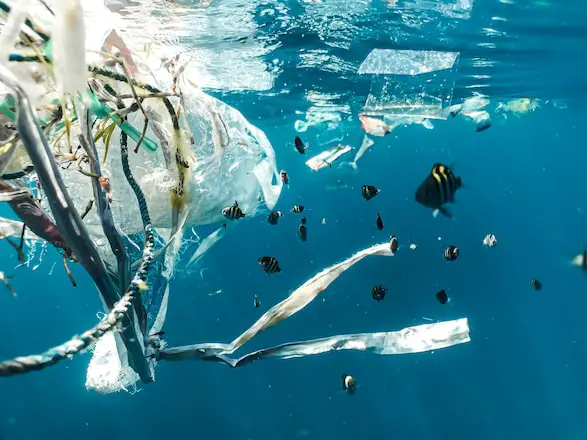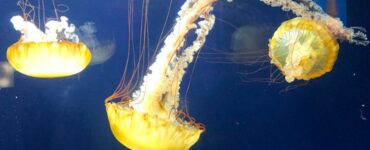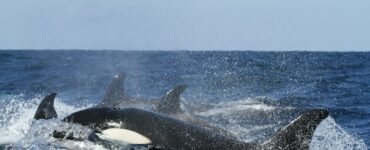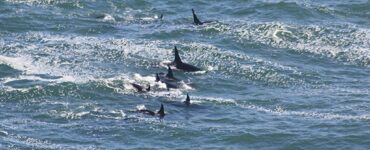Plastic pollution has become a global environmental crisis particularly in our oceans. The alarming accumulation of plastic waste poses a significant threat to marine life ecosystems and ultimately our own well-being. In this article we shed light on the issue of plastic pollution its devastating impact on the oceans and explore the actions being taken to combat this pressing problem.
The Scope of the Problem
The scale of plastic pollution in our oceans is staggering. Millions of tons of plastic waste enter the marine environment each year endangering marine species degrading habitats and disrupting the delicate balance of marine ecosystems. From plastic bags and bottles to microplastics these persistent pollutants pose a severe threat to marine life and the overall health of our oceans.
Impact on Marine Life
The consequences of plastic pollution on marine life are devastating. Marine animals such as sea turtles seabirds and marine mammals can become entangled in plastic debris or mistake it for food. Ingesting plastic can cause internal injuries digestive issues and even death. The harmful effects of plastic pollution ripple through the entire food chain threatening biodiversity and ecosystem stability.
Plastic Breakdown: Microplastics and Nanoplastics
One of the major challenges posed by plastic pollution is the breakdown of larger plastic items into microplastics and even smaller nanoplastics. Microplastics are tiny plastic particles less than 5 millimeters in size while nanoplastics are even smaller measuring less than 1 micrometer. These particles are pervasive throughout the oceans impacting marine organisms at every level of the food chain and potentially entering our own bodies through the consumption of seafood.
Sources of Plastic Pollution
Plastic pollution in the oceans originates from various sources including improper waste management inadequate recycling practices and the improper disposal of single-use plastics. In addition activities such as fishing shipping and tourism contribute to plastic waste through discarded fishing gear shipping containers and single-use items used by tourists. Addressing these sources is crucial in tackling the plastic pollution crisis.
Solutions and Actions
Efforts to combat plastic pollution are being made on multiple fronts. Governments non-profit organizations and individuals are taking action to reduce reuse and recycle plastics. Initiatives such as banning single-use plastics promoting sustainable packaging and implementing effective waste management systems are gaining momentum worldwide. Education and awareness campaigns are also playing a crucial role in changing consumer behavior and promoting responsible plastic use.
Innovations in Plastic Alternatives
In addition to reducing plastic consumption the development of sustainable alternatives is vital in combating plastic pollution. Innovations such as biodegradable and compostable materials plant-based plastics and packaging made from renewable resources offer promising alternatives to traditional plastics. Research and investment in these eco-friendly solutions are key to creating a more sustainable future.
The Power of Collective Action
Addressing plastic pollution requires a collective effort from individuals communities businesses and governments. Everyone has a role to play in reducing plastic waste and promoting sustainable practices. By making conscious choices to reduce plastic consumption support recycling initiatives and participate in beach cleanups and conservation projects we can all contribute to the preservation of our oceans.
A Call for Change
The battle against plastic pollution is far from over but the movement for change is gaining momentum. By raising awareness implementing effective policies supporting innovative solutions and taking individual action we can turn the tide on plastic pollution and safeguard the health of our oceans for future generations.

Hi, I’m Jodie! I’m a spain-Moroccan writer with a passion for imagination, adventures, magic and stories with heart.
Please don’t hesitate to contact me for any questions, suggestions, comments or feedback.

















Add comment